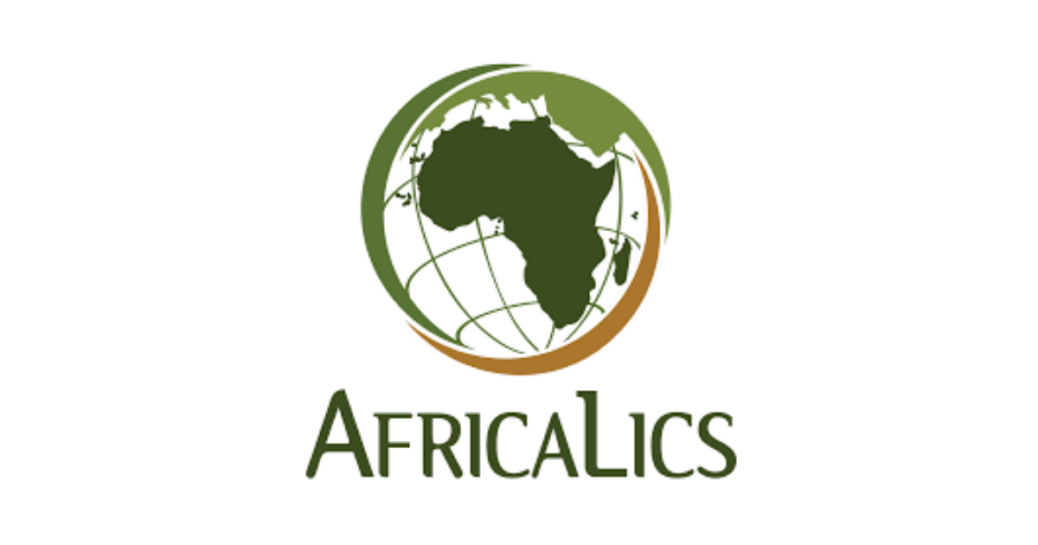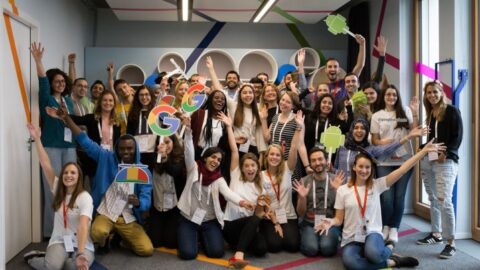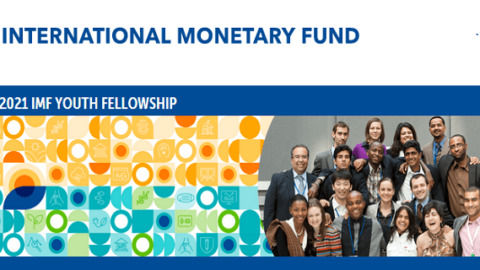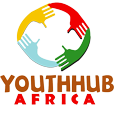AfricaLics (African Network for Economics of Learning, Innovation and Competence Building Systems) is looking for suitable PhD student candidates from universities in African countries to participate in the AfricaLics PhD Visiting Fellowship Programme (2023 cohort) focused on Innovation and Development. The realization of the fellowship is subject to a final decision by our main funder (the Swedish International Development Agency) on whether to continue funding in a new phase (2023-2027). A decision is expected in November 2022.
Under the AfricaLics Visiting Fellowship Programme, successful candidates will be provided with the opportunity to participate in a one-year fellowship programme combining online pre- and post-activities with a study period of 3 months at the University of Johannesburg in South Africa. Mentoring will be provided by a range of African and international scholars in Innovation and Development studies who are research active in AfricaLics and Globelics. The programme will be housed by the DSI/NRF/Newton Fund Trilateral Research Chair in Transformative Innovation, the Fourth Industrial Revolution and Sustainable Development (TRCTI) at the University of Johannesburg. The chair also includes the African Centre for Technology Studies (ACTS) and Jaramogi Oginga Odinga University of Science and Technology (JOOUST) in Kenya and the University of Sussex in the UK.
Despite continued challenges related to the continuation of the COVID-19 pandemic, we expect that it will be possible to implement the programme according to plans starting with online activities in February-March 2023. We, therefore, urge students to apply despite the uncertainties.
Within the AfricaLics community, innovation is broadly defined as spanning from “new to the world inventions” to the diffusion and use of technology new to the user or context in which it is introduced and includes competence building among users of innovation. Technology here can mean both a physical product; a new process e.g. for manufacturing a product and a new way of doing or organising things. Innovation and Development Studies research as defined by the AfricaLics network includes the study and management of processes that link technological and social innovation with development. This includes studies and improved understandings of how learning and competence-building systems contribute to development processes.
Scholars in the field may have a background in economics and/or other social sciences (e.g. Sociology, Political Science, Science and Technology Policy, Business, Geography, History or Development Studies), but some also work within the STEM (science, technology, engineering or mathematics) subjects, technology management or even manufacturing (but from a social science perspective). Applicants who do not have a background in economics and/or the other social sciences will be required to demonstrate that their research is grounded in a consideration of social factors and that they have the capacity to do this effectively. They work within a broad range of areas including energy and sustainable development/transformation, health, gender, agriculture, manufacturing and work organisation, big data and the fourth industrial revolution.
To understand more about the field of innovation and development and see if your work fits within this research area, please look at papers published in relevant journals including (but not only) the following: African Journal of Science, Technology, Innovation and Development; Innovation and Development; Research Policy; Journal of International Development; International Journal of Technology Learning, Innovation and Development; International Journal of Technology Management and Sustainable Development; Journal of Development Economics; Journal of Science and Technology Policy; Journal of Evolutionary Economics and Journal of Technological Forecasting and Social Change You can also check out blogs and reports from previous conferences on the AfricaLics website to familiarize yourself with the network and what we offer.
WORTH
- A need to understand innovation and learning in the context of Africa – both from theoretical and practical perspectives.
- Given the fact that Africa lacks adequate capacity for the above purpose, a need for capacity building arose.
ELIGIBILITY
- The scholarship option is open to PhD students from countries classified by the OECD/DAC as low and lower-middle-income countries in Africa whose studies, irrespective of sectoral discipline, focus on the relationship between innovation and economic, social or environmentally sustainable development.
- Female PhD students and students from low-income countries are particularly encouraged to apply as AfricaLics endeavours to contribute to increasing the currently low number of female scholars and low-income countries scholars in Innovation and Development research studies in Africa.
- Applicants must be enrolled as PhD students at African universities and must have completed their first year of PhD studies by December 2022. A maximum of four-five visiting scholarships are available for 2023, but the final number of accepted visiting fellows will depend on the in-depth assessment of applications and funding availability. The visiting scholarship is complementary to the studies of the PhD students at their home universities and applicants must already have secured basic funding for their PhD studies from other sources (e.g. African governments, other organisations, self-financing).
- The programme gives priority to students working on topics related to the research themes identified by the AfricaLics network as important to the future of Africa.
DEADLINE: September 15 2022
To apply and for more information visit here






